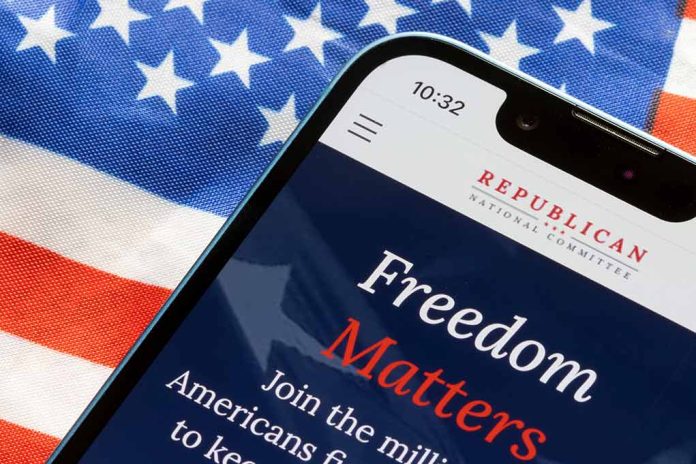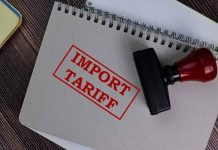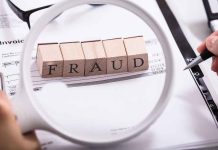
We have reached a momentous milestone in the eternal struggle to balance our cherished right to free speech with the essential need for public safety. Here, the drama unfolds in Milwaukee, Wisconsin, where the backdrop of the Republican National Convention (RNC) sets the stage for a dire showdown between the forces of chaos and the guardians of order. At its core, the issue before us asks: Can we protect both our freedom of expression and the security of our citizens without one suffocating the other?
A Critical Decision for the RNC
A federal judge has recently ruled in favor of maintaining the RNC’s security zone, restricting protesters from marching directly through the convention’s secure perimeter. This ruling is pivotal not only for its immediate impact but also for its long-term implications on how we safeguard our most fundamental rights and ensure public safety during moments of heightened tension.
The City’s Protest Rules Upheld
In a critical decision, U.S. District Judge Brett Ludwig has deemed that the city of Milwaukee acted in compliance with constitutional requirements when establishing protest rules during the RNC. This effectively means that no changes will be made to the current security plan, which allows for a designated parade path outside the secured zone.
“There is absolutely no reason they cannot accommodate our march. If the city will not play ball with us, we will simply take the ball and play ourselves.”
A Balancing Act
At the heart of this ruling lies a delicate balance between defending the protesters’ First Amendment rights to express themselves and the need for robust security procedures during high-profile events like the RNC. The ACLU had argued that the city’s chosen parade route, five blocks from the Fiserv Forum, stifled the protesters’ ability to be seen and heard by the convention delegates. The judge, however, ruled that this balance was met, emphasizing that the First Amendment does not grant unconditional freedom to protest or parade in any manner.
Rights of Protesters Protected, But Not Unrestricted
While the judge rejected the city’s attempt to use criminal history as grounds for denying permits, a significant victory for the ACLU, this ruling is a resounding defeat for those who sought to encroach upon the secured area. For the legal system to stand firm in the face of mounting pressure from protesters sends a crucial signal: our constitutional rights are not a free pass for disruptive or dangerous behavior.
“We are disappointed by today’s ruling and the lack of an authorized parade route within sight and sound of the convention. We still believe that the City’s failure to act concerning our client’s permit application, its delay in establishing a protest zone and a parade route until weeks before the convention, and its decision to push protesters even further away from the convention site with the expansion of the credentialed zone chill freedom of expression and restrict the exercise of First Amendment rights.”
The ACLU’s Concerns
Despite this setback, the ACLU remains steadfast in its advocacy for the rights of protesters. They argue that the city’s strategy, including the designated security zone, unduly restricts the exercise of free speech and communication. Their conviction highlights the ongoing struggle to reconcile the need for public safety with the right to hold dissenting voices, essential to a robust democracy.
“We have a right – no matter our views – to lawfully assemble and make our voices heard.”
Where Do We Go From Here?
Both parties involved have until Wednesday to explore additional legal avenues should they choose to do so. Regardless of the outcome, this legal battle shines a light on the fine line our society walks between protecting the rights of its citizens and maintaining the safety and order upon which those rights are built. The resilience of our democracy depends on finding this balance, and we must be vigilant in ensuring that both are preserved.
In a world where the forces of chaos seek to undermine our fabric, this ruling stands as a beacon of hope. By upholding the security zone and recognizing the importance of public safety, we affirm our commitment to a society where the rights of all citizens are protected within the bounds of reason and law. We must continue to engage in this ongoing dialogue, ever-mindful of the thin line that separates freedom from anarchy, ensuring that both our voices are heard and our communities remain safe.
More from Around the Web:
Ahead of the ruling:
The battle will now move to a federal court:





